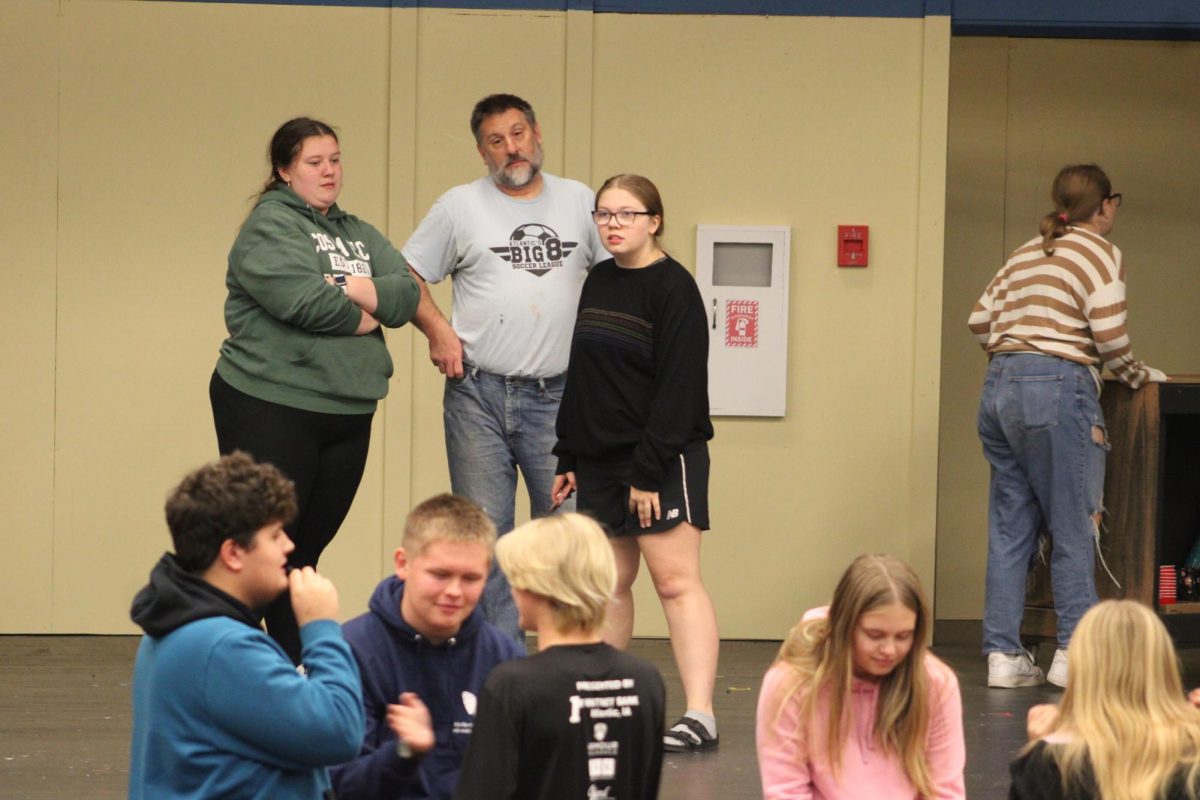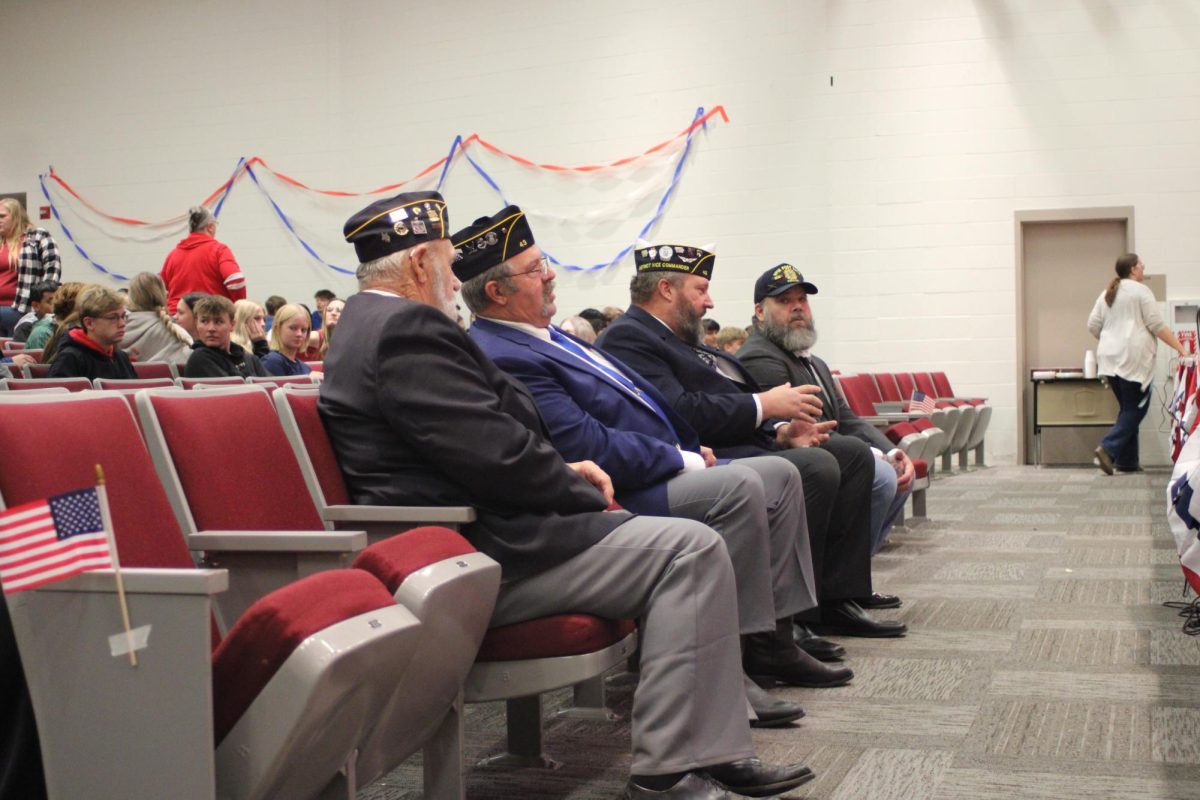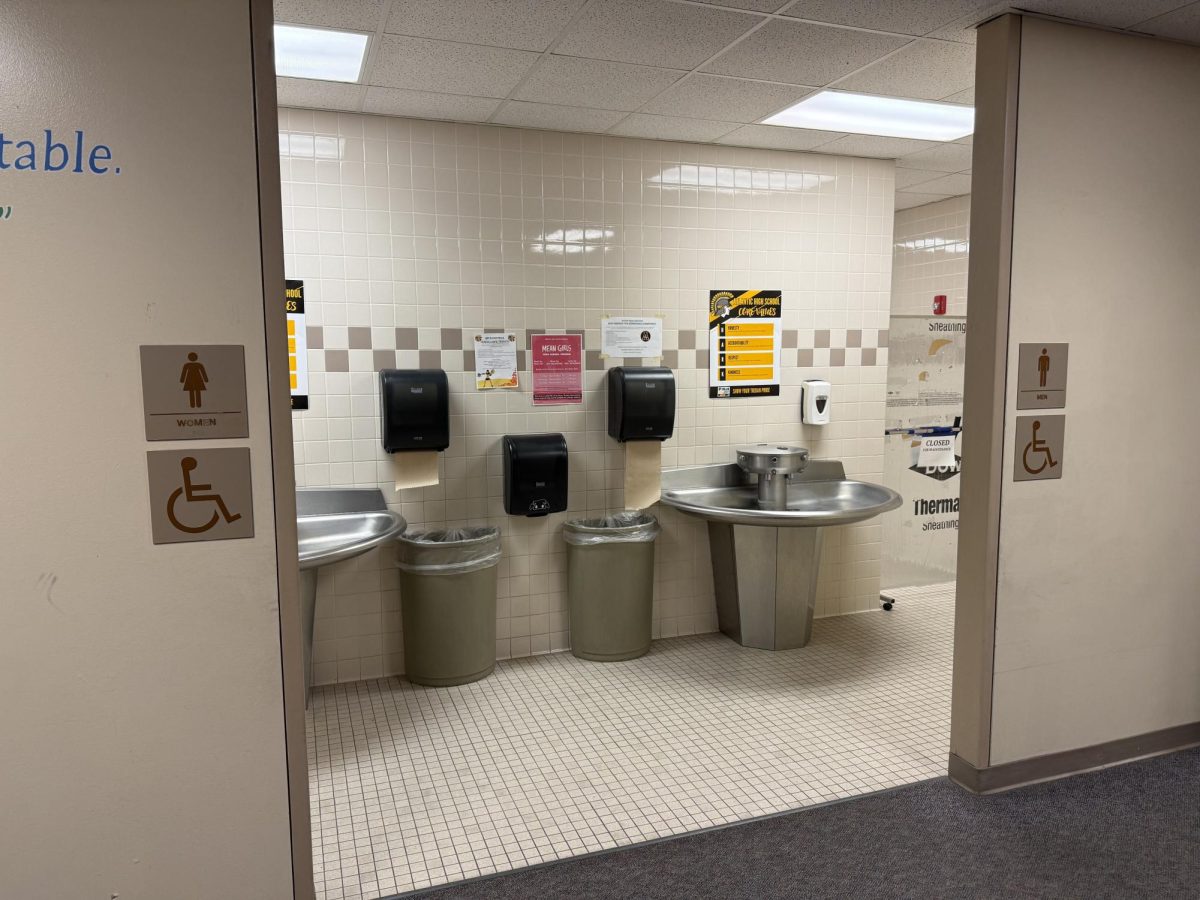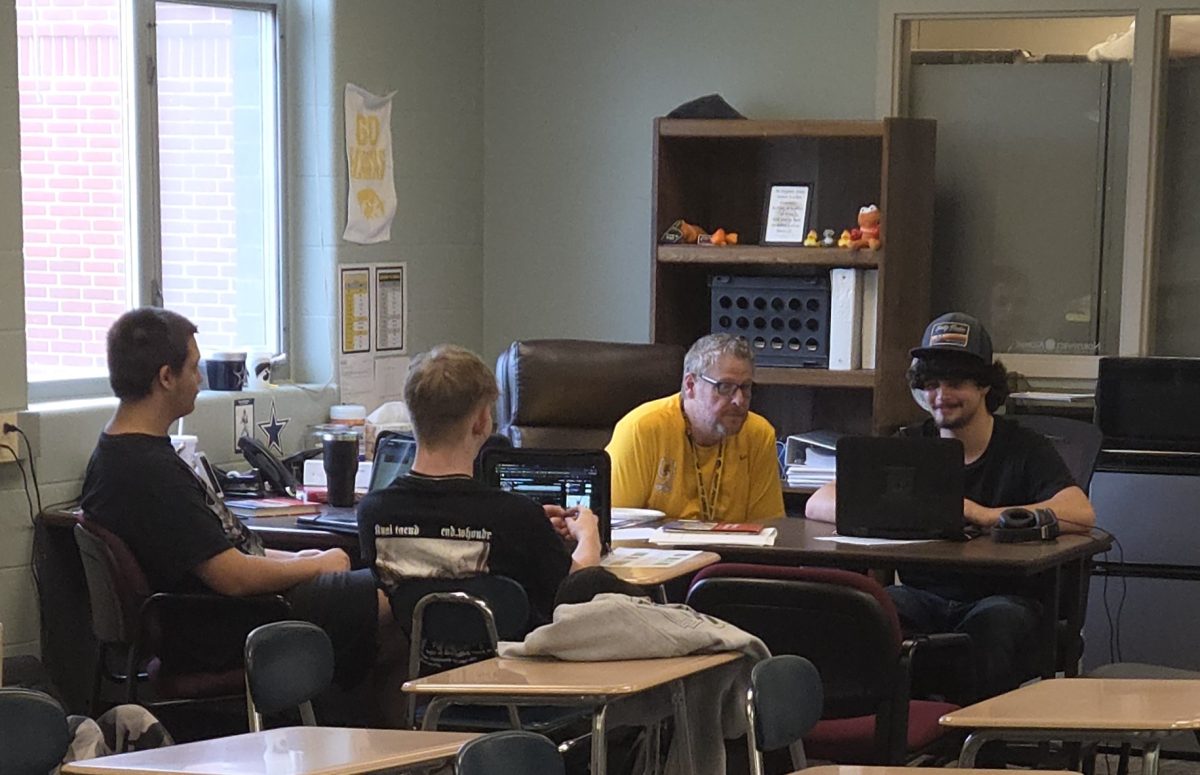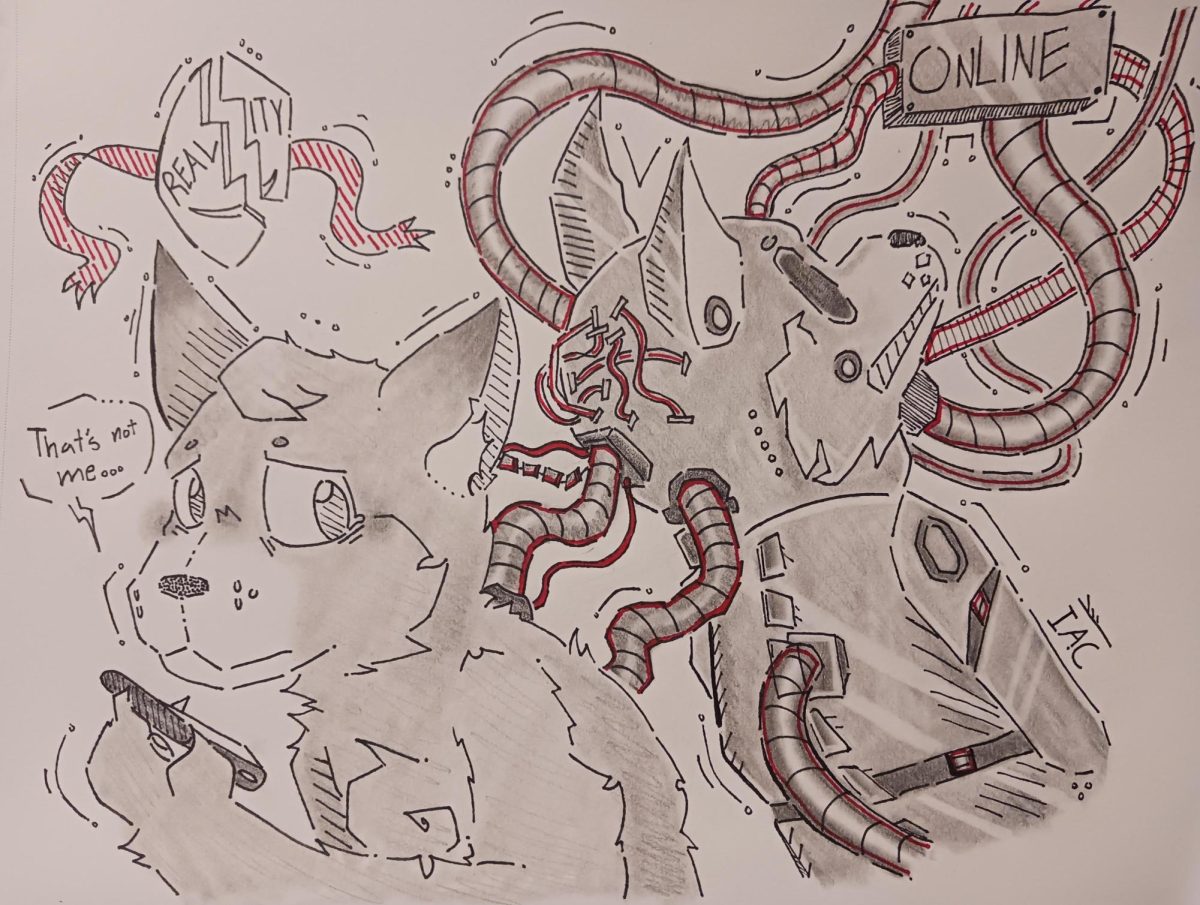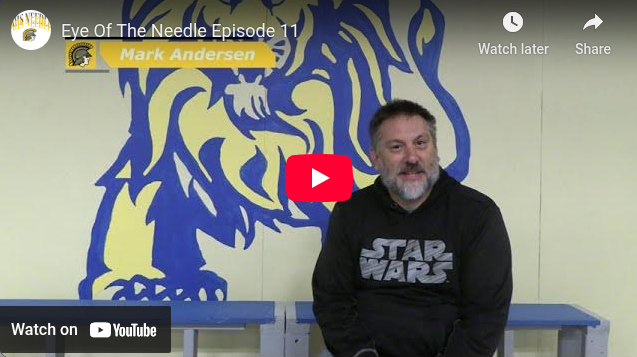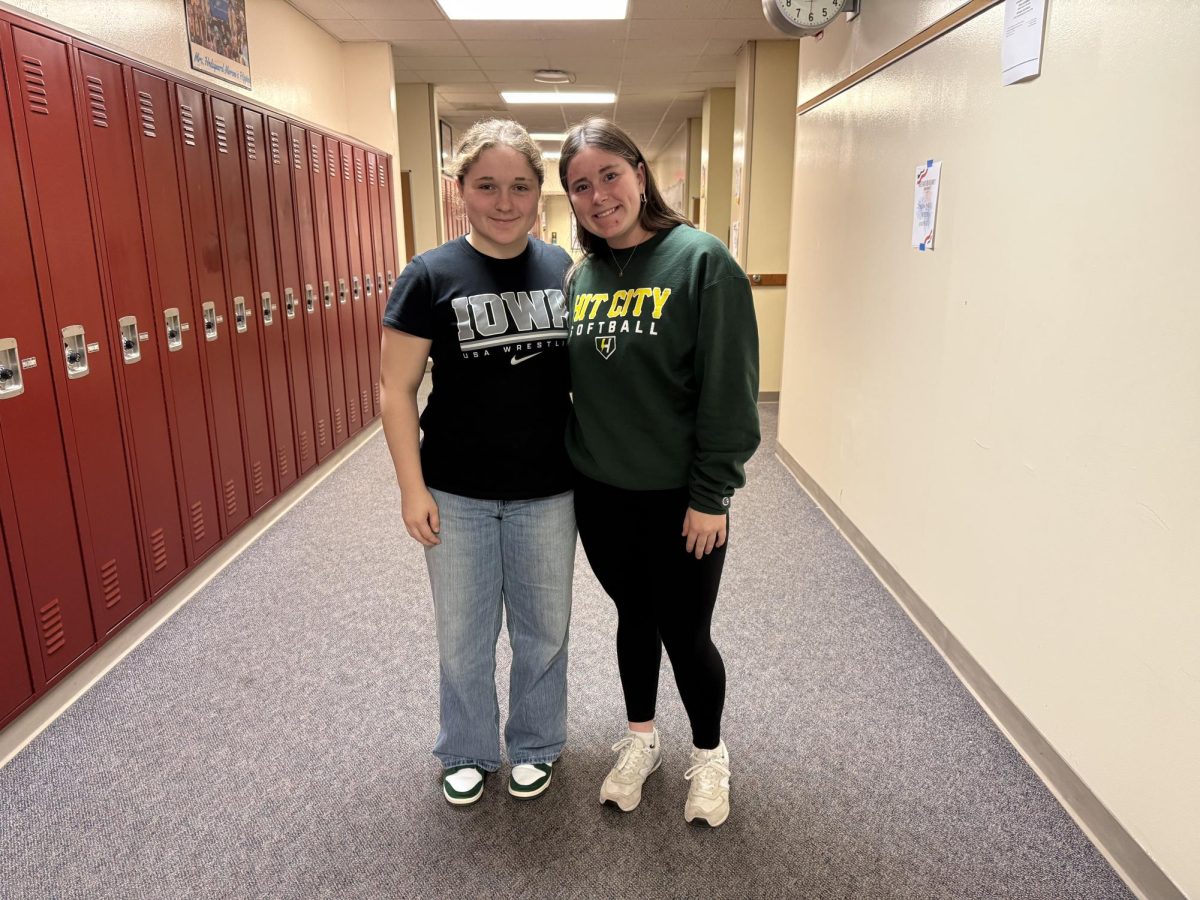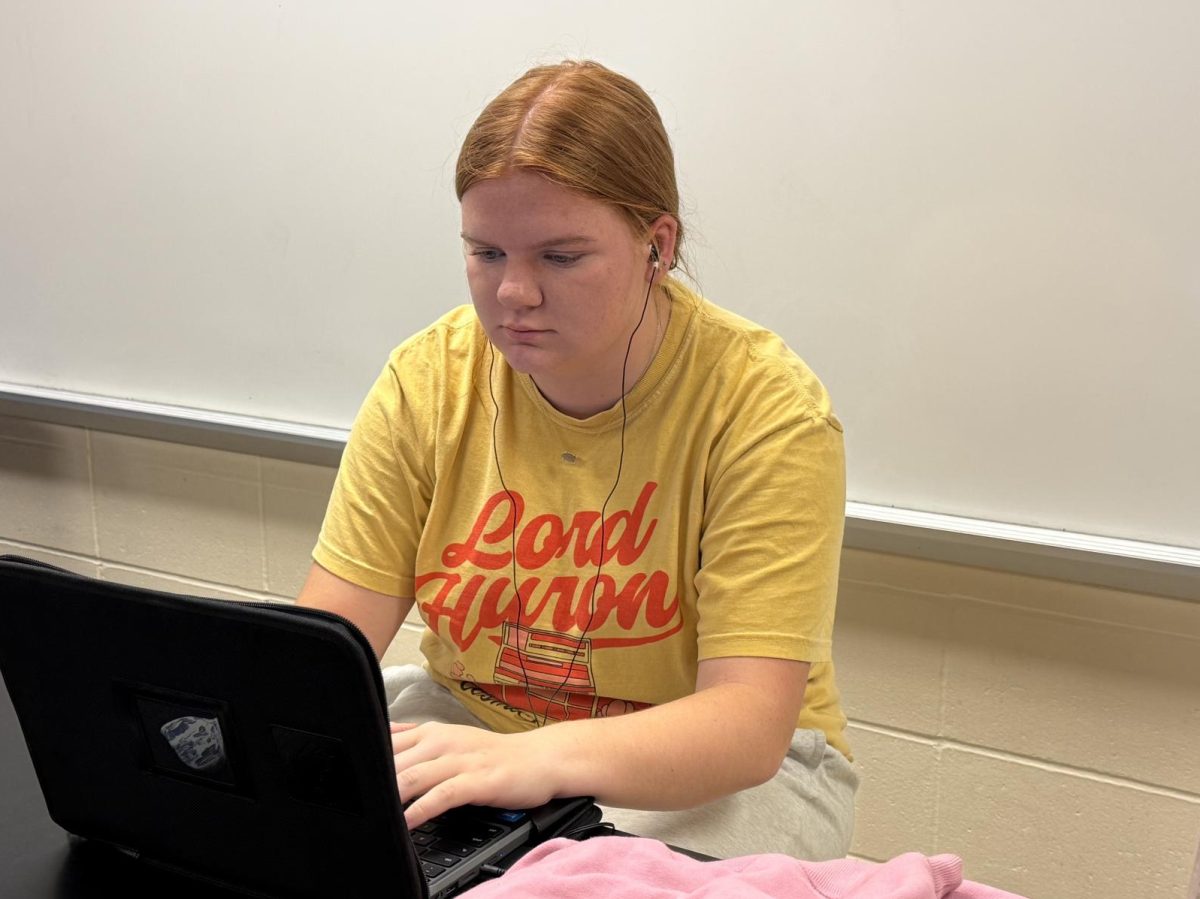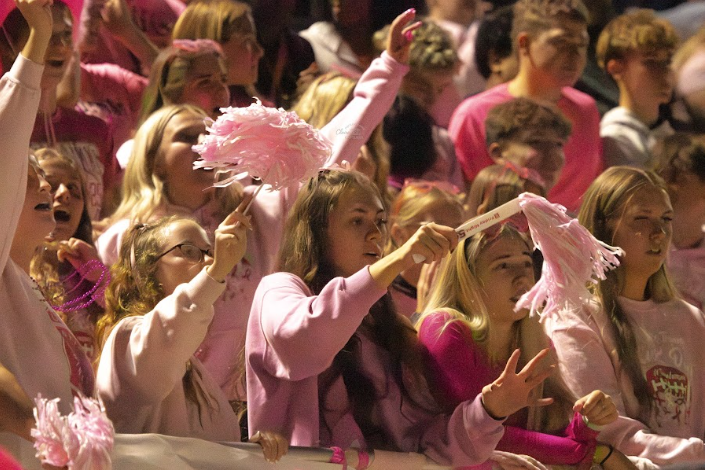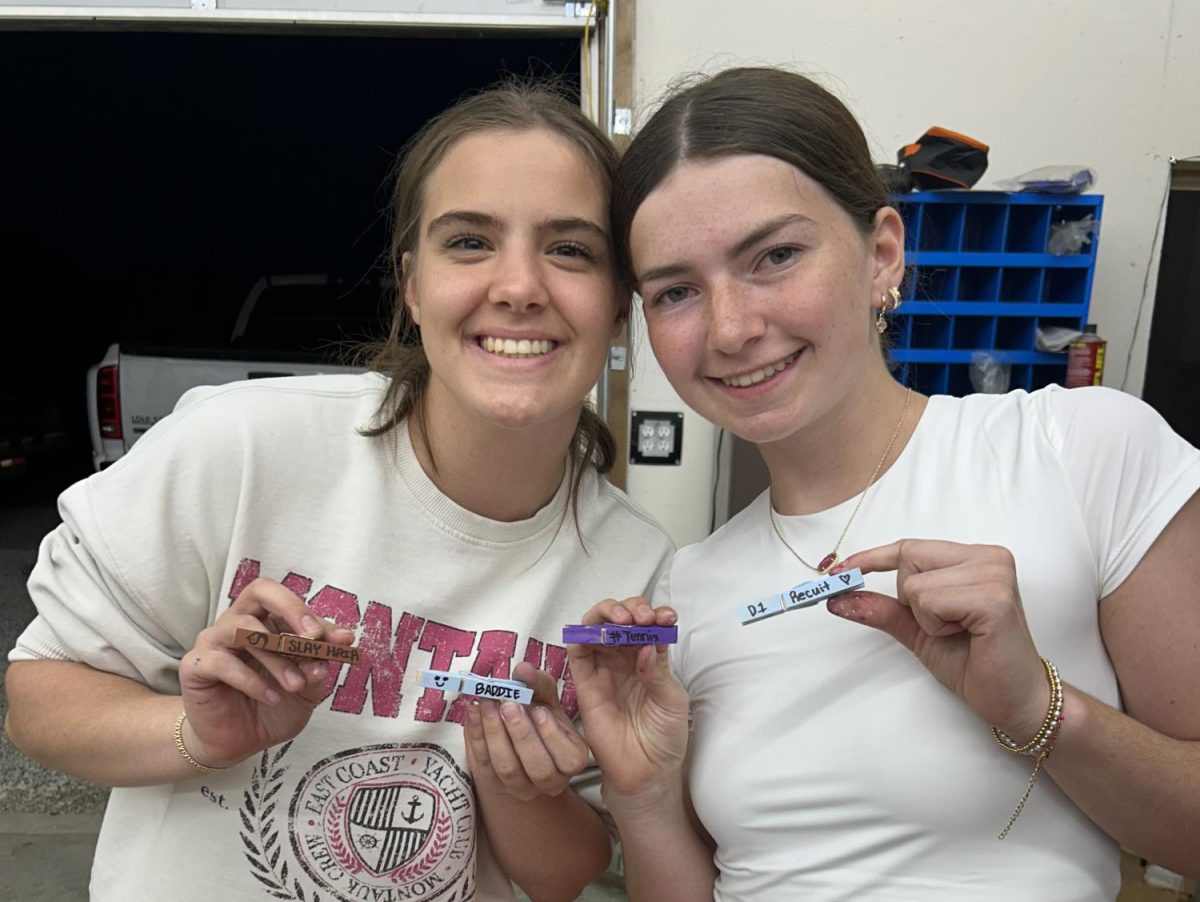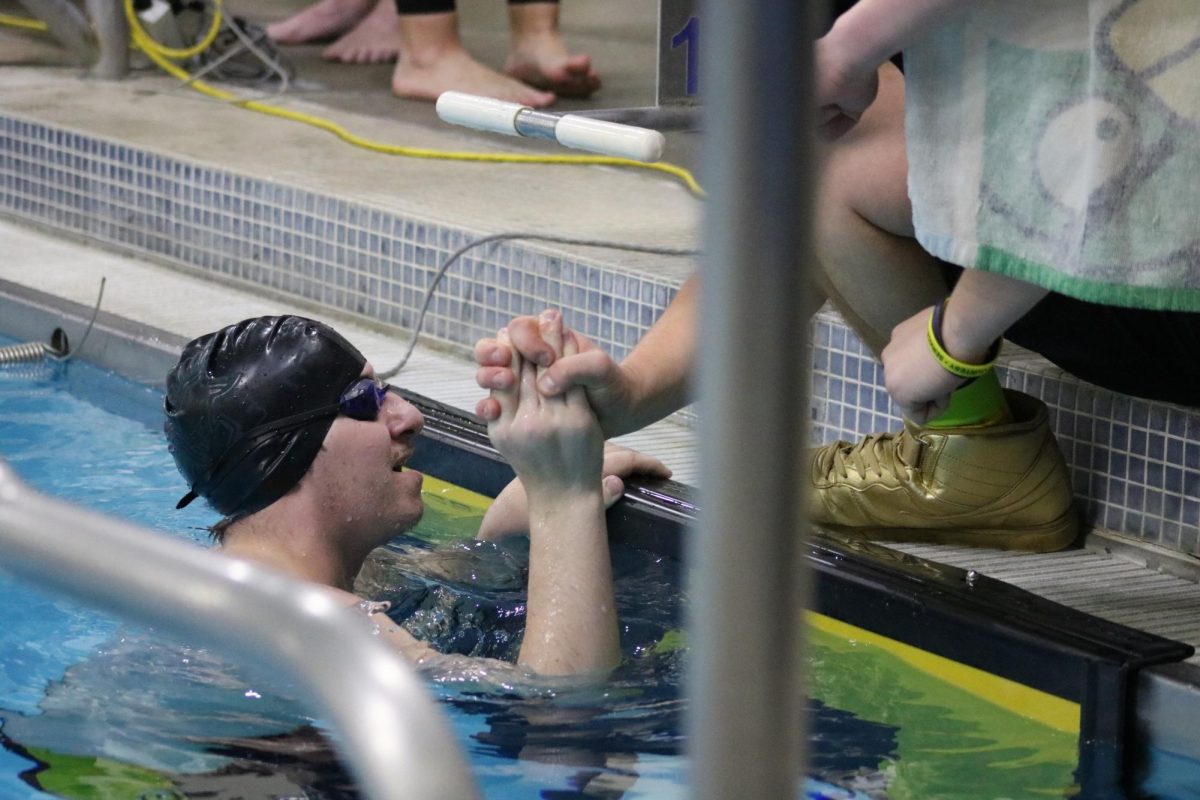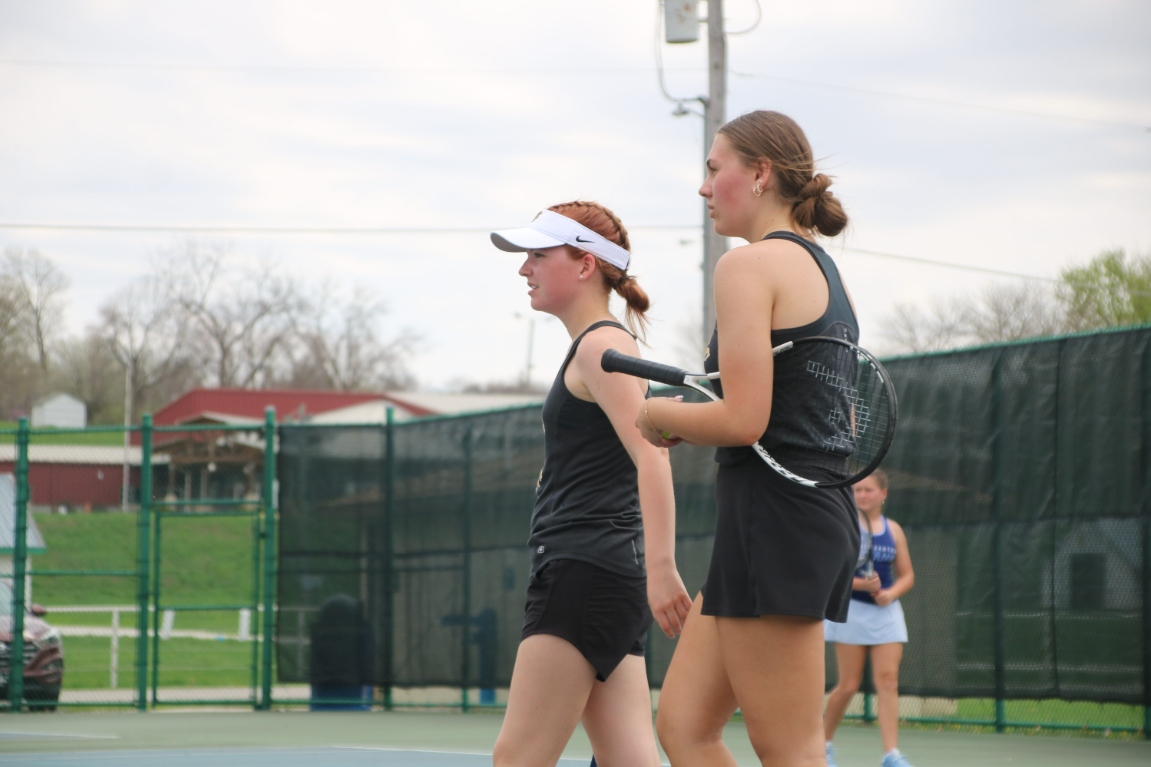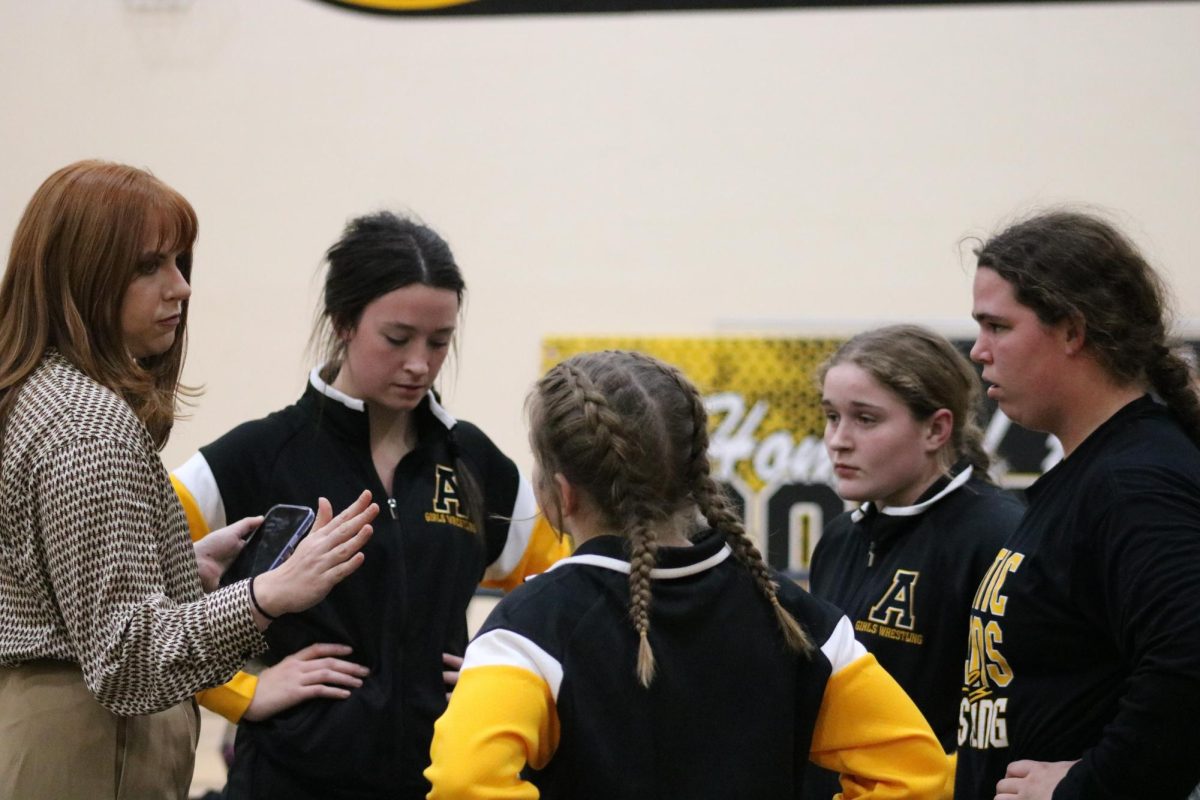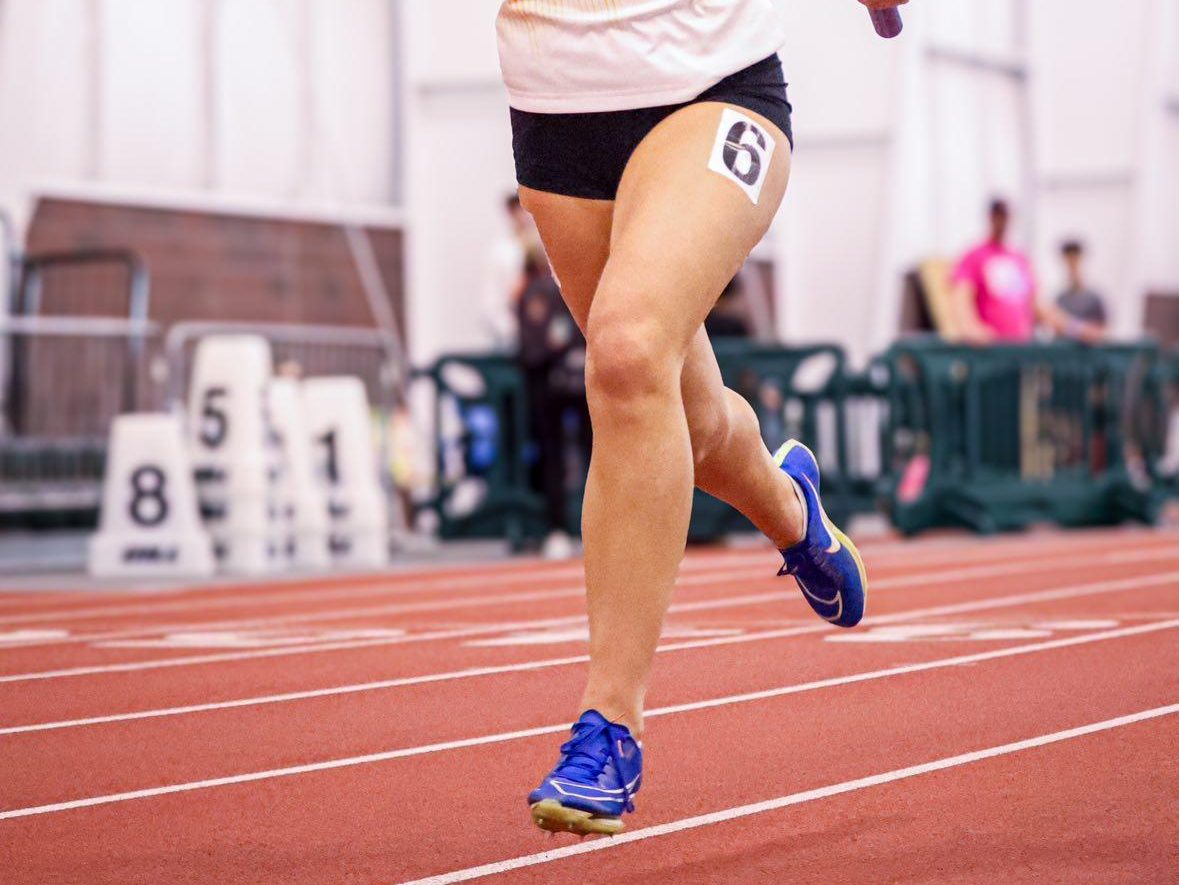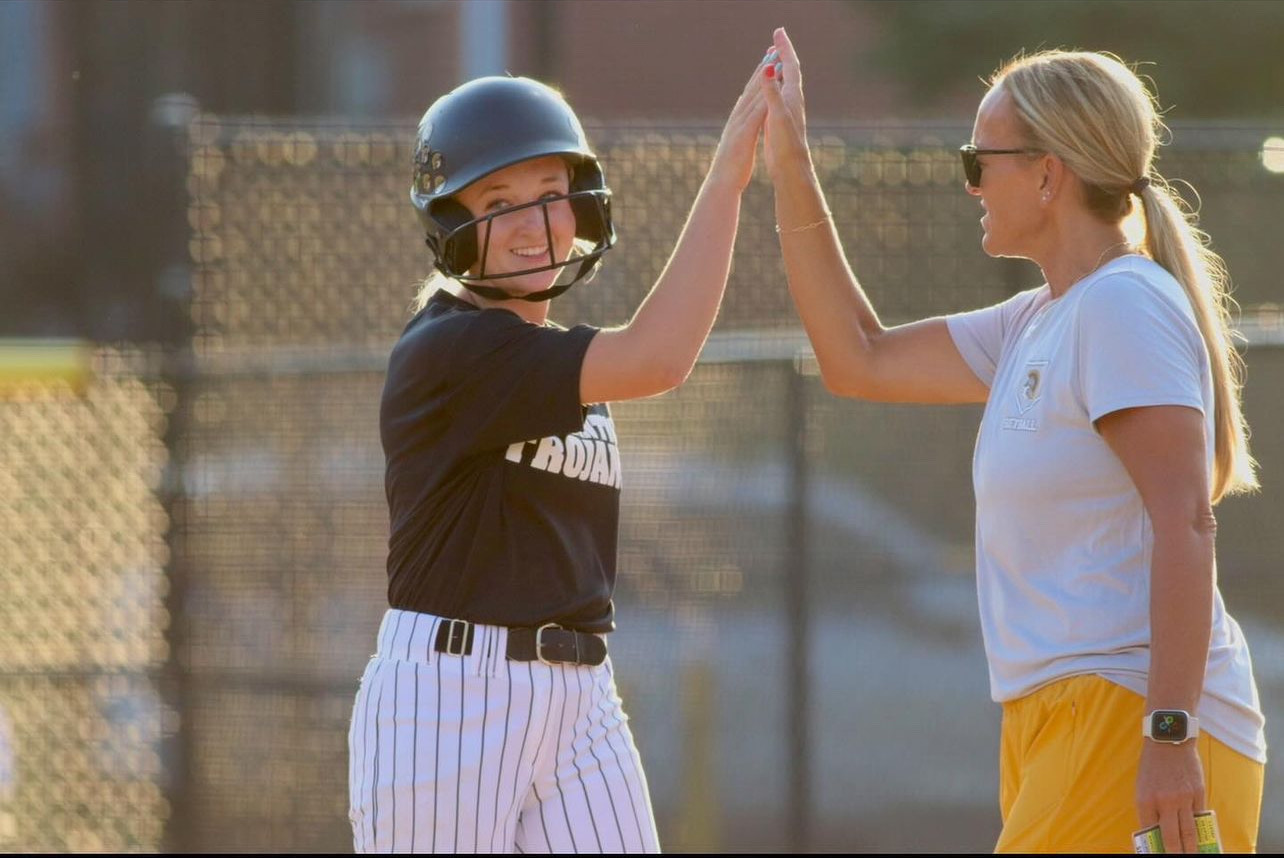
Pressures on Student Athletes
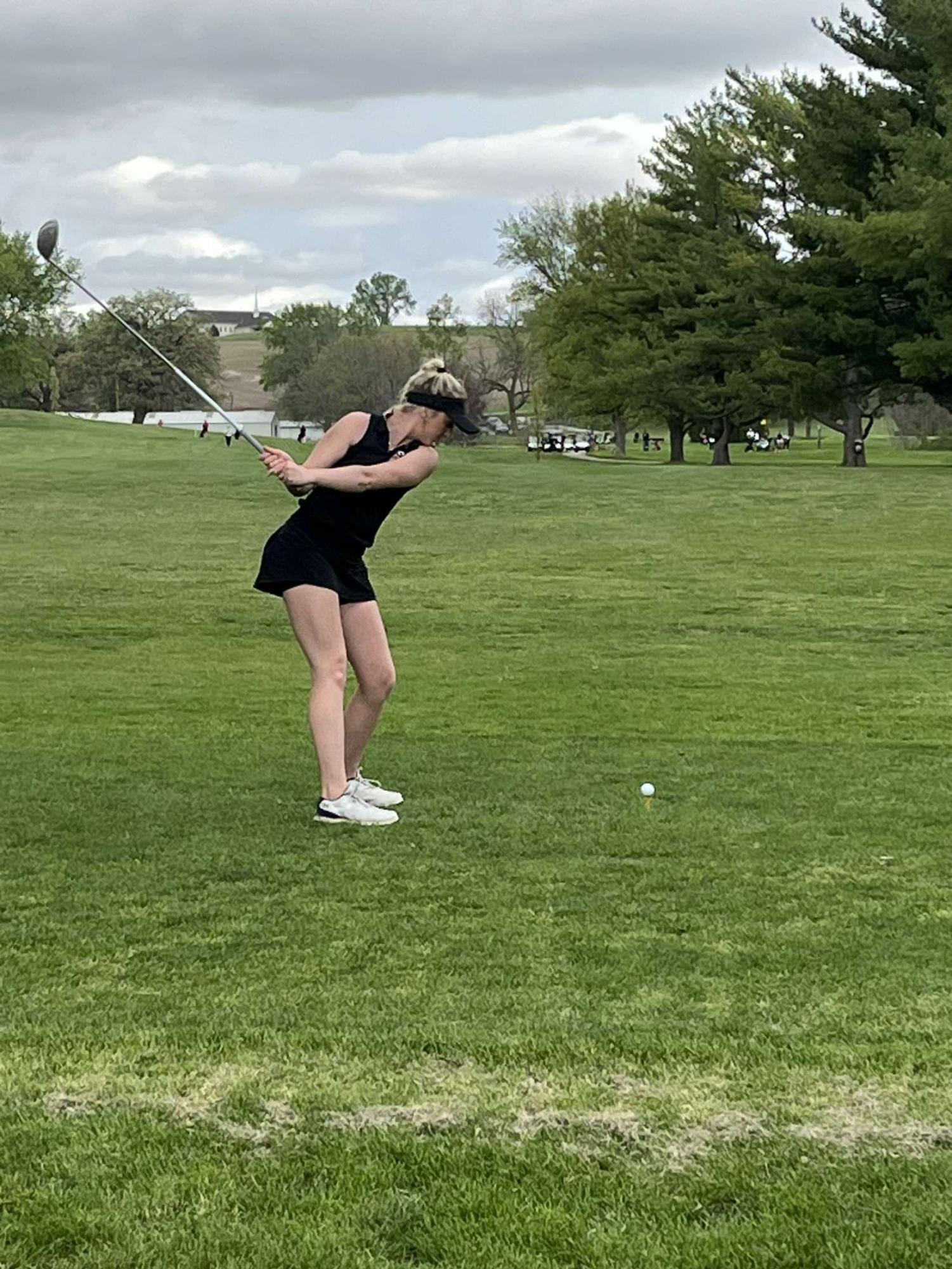
According to the National Library of Medicine, student-athlete pressures cause excessive stress. Student-athletes between the ages of 16 and 17 were surveyed; 91% of the students responded experiencing stress because of sports. Stress in athletes can lead to anxiety and depression. Athletes at AHS experience these pressures as well.
Junior Makenna Schroeder is involved in cheerleading, basketball, golf, softball, band, AHS Student Council, FFA, AHS Fuel, AHS Journalism, dance, Silver Cord, and tutoring. Shroeder said, “Absolutely, there is a lot of pressure being a student-athlete… The pressure comes mostly from getting things done and being able to have time management.” She stresses the importance of using time wisely and making time to study. Schroeder addressed the difficulty of “wanting to have a social life” while taking extra advanced classes. She copes by making lists, “remembering what my end goal is, and the motivation to want to win.”
Schroeder said, “Pressure in athletics affects schoolwork because I can tell a change in my attitude…when I’m stressed out or upset about sports… I put less effort towards school.” In school, she uses every second that she can to do homework. “I use every single minute to the most that I can…If you have time at the end of class, are you chatting with friends or doing your homework.” Schroeder uses flashcards to study for upcoming quizzes and tests. She believes that teachers hold student-athletes to the same standards as other students. She feels that for any student, a teacher expects the work done thoroughly and on time.

Morgan Botos, another multi-sport athlete, is a senior. She has participated in gymnastics, volleyball where she is a captain, track, NHS, AHS Fuel, Student Council, mentoring, junior class officer, math tutoring, Shift ATL, and journalism. Botos said, “It’s a lot to juggle between being an athlete and a student, a lot of responsibilities and holding yourself accountable.” She feels pressure to complete assignments to the best of her abilities since she will be attending college next year. Working ahead is a way that Botos copes with some of the pressure she faces in the classroom. She says she has less stress on days she has a meet or game when all her assignments are completed.
Not being afraid to ask for help and ask questions is a key way Botos manages her classroom pressures. Planning as well as being proactive prior to being gone for athletics also helps her relieve stress. Being a senior allows her to have flexibility on where to study. She said now that she’s a senior she is able to get more work done at home in a quiet environment. Botos feels teachers need to understand that it’s a lot of pressure to keep grades up while trying to perform well in one’s sport. She said, “Student athletes need to be reminded being a student comes first.”

Grant Petty, a sophomore at Atlantic High School is involved in football, basketball, track, baseball, and FFA. Petty said the pressures he faces in athletics are set by himself. He holds himself to high standards to perform well. As a player of four varsity sports, he feels pressure from peers and the school to perform well. Sports and extracurricular activities mean long nights getting home from games or events. Petty said, “Getting home late from games, I’m just trying to complete my assignment even if it’s not my best work.” He feels he sometimes doesn’t understand the concept to the level other students are getting since he has to leave early for games on occasion.
In the classroom, he holds a solid 4.0 GPA and in return, students look to him for help. “I feel like everyone thinks I have no struggles when it comes to school work but that’s not the case,” Petty said. To cope with pressure in a classroom he does his best to tune out distractions and focus on the task at hand. Solo work and working ahead allow athletes like Petty to get assignments done on time. Petty likes the idea of teachers offering extra learning opportunities for students who have to leave early for games.

